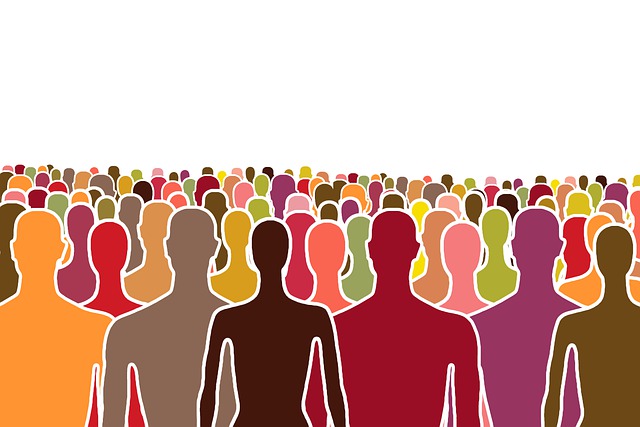It is April 2021 which means not only is Spring coming, but it is also National Minority Health Month here in the U.S. The discrepancy in treatment between patients of color and their white counterparts has been a long-standing issue in the American health care system. As COVID-19 has barreled through communities of color, there has been a fervent push to delve deeper into the trends of and reasons behind discrimination in the medical world.
Research has shown that black and latinx groups perceive discrimination in the healthcare system. This perception is unfortunately rooted in reality. Black patients on average receive poorer quality treatment for heart disease than their white counterparts. They also tend to enter with more serious heart problems but are less likely to receive bypass and angioplasty procedures that could save lives. This trend carries across hospital caliber as even in full-service hospitals, black patients receive poorer treatment. Patients of color, much like women, are also less likely to be taken seriously and given the proper medication when coming into an emergency room for pain or pain-related issues. This dates back to a long-standing and totally unfounded belief that those of other races and ethnicities do not feel pain the same way white people do. COVID-19 has only served to exasperate these treatment problems as low income neighborhoods have been disproportionally hit harder by the virus and with less resources available to them, they must make calls on who is “better” to treat.
On top of the current crisis, in general, racism is experienced and documented as a chronic stressor for most marginalized groups. Continuous stress wreaks havoc on the human body and can lead to things like increased hypertension and cardiovascular disease. In some recent case studies, children having grown up in impoverish and disadvantaged neighborhoods, having most likely been exposed to violence, exhibit symptoms of Post-Traumatic Stress Disorder (PTSD). With the current rise in Anti-Asian rhetoric and crime, the Asian community must fight against increasing stress and threats of violence in an already tumultuous time.
So, as is the case with societal and institutional issues there is no one solution; however, education and providing resources to those in need is precisely the right step forward. LMH Health released an article about Minority Health month with helpful links including one to a vaccine form. The link is below and we urge you to check out other resources as well such as the Office of Minority Health (OMH) and the Centers for Disease Control and Prevention (CDC) page on the topic which also delves into COVID-19 specific issues and solutions. Always reach out to those in need and raise awareness about the issues plaguing so many especially in this trying time.
For more information we encourage you to check out LMHHealth’s page on Minority Health and look to you other articles and blogs for more on health.

